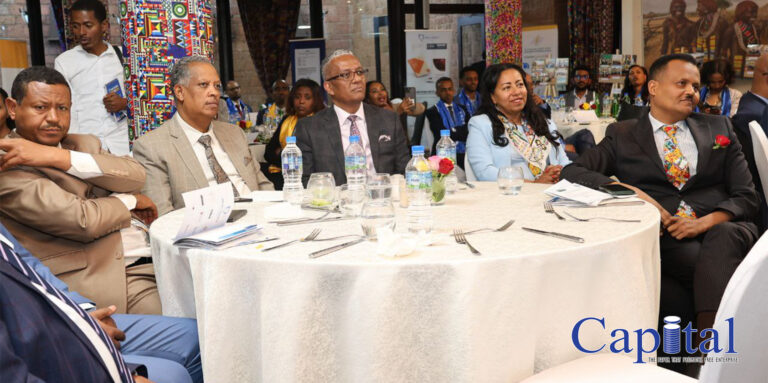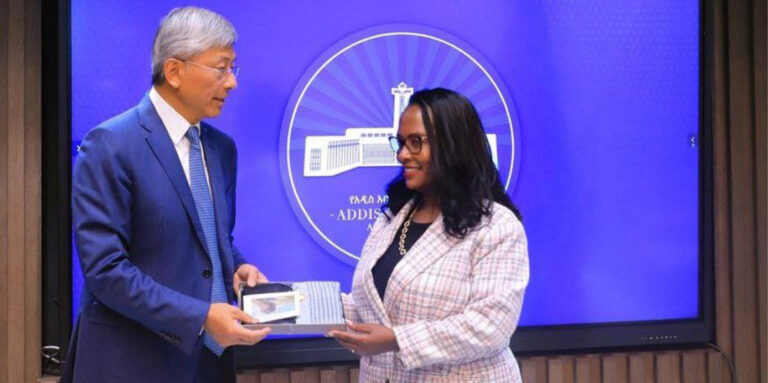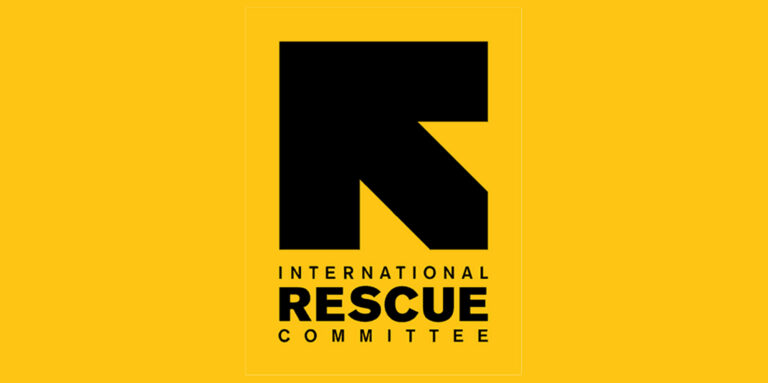By Eyasu Zekarias
Ethiopia’s financial sector is in urgent need of professionals with specialized expertise to ensure the successful development of its capital market. Bruh Finance has recently celebrated the graduation of its first cohort of Level 3 Chartered Institute for Securities & Investment (CISI) Capital Markets – Securities students, marking a significant achievement for both the graduates and the emerging capital market in Ethiopia.
The graduates represent a new wave of professionals poised to influence the future of Ethiopia’s economy. Getachew Beshahwred, CEO of Bruh Finance, emphasized that this graduation is merely the beginning of their journey. He highlighted that obtaining the CISI Level 3 Securities qualification is just the first step, urging graduates to pursue advanced qualifications to build a skilled workforce essential for driving the success of Ethiopia’s capital markets.

Getachew noted that Ethiopia’s financial sector requires more professionals with specialized knowledge to effectively navigate and develop its capital markets. Bruh Finance, based in Addis Ababa, is dedicated to providing ongoing training and development opportunities to ensure that these new professionals are equipped with the necessary skills.
As a leading financial services firm specializing in training and consultancy in capital markets, asset management, insurance, and financial development, Bruh Finance is committed to fostering a culture of continuous learning. The organization aims to support the professional growth of its graduates as they embark on their careers in Ethiopia’s evolving financial landscape.






